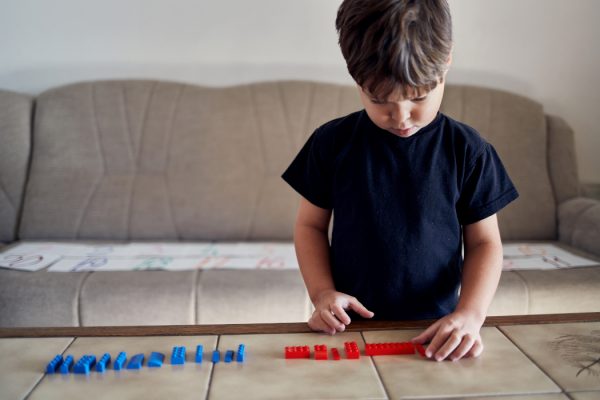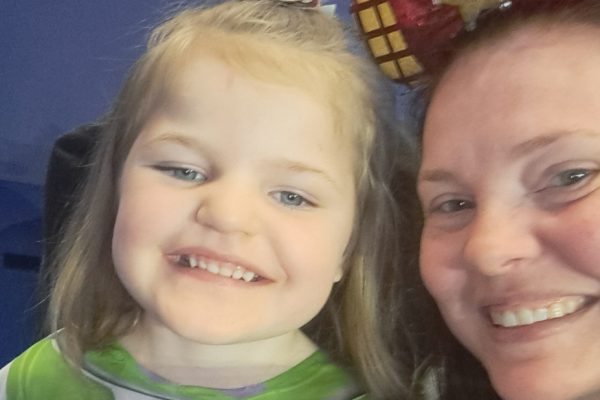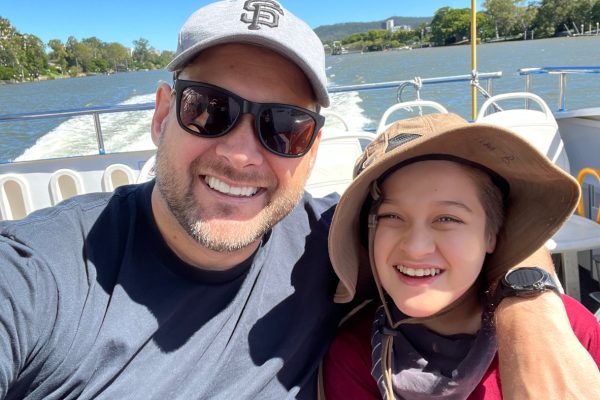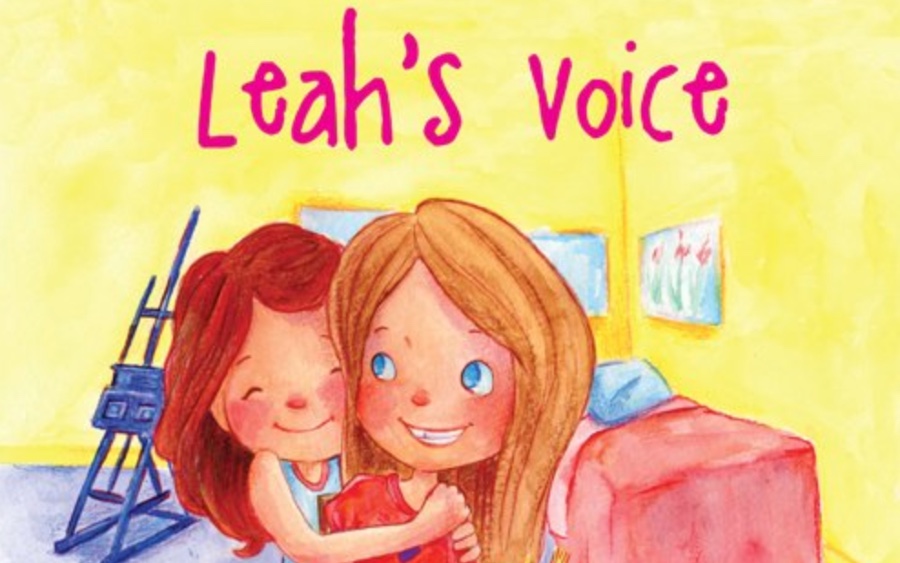
Books for siblings of children with disabilities
Siblings of children with special needs are amazing young people. Their lives are often very different to that of their friends and they may sometimes need a bit of help while navigating their journey. Here are some great books which provide tips and advice, share the stories of others going through similar things and tales to to help them understand their sibling better.
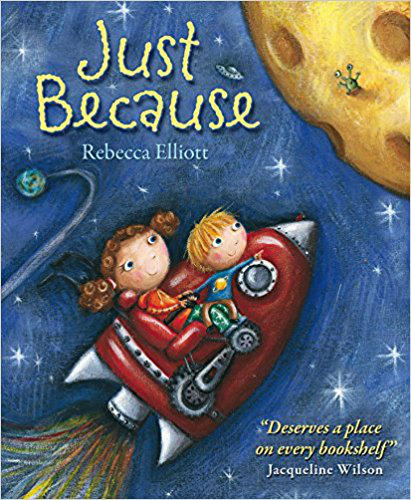
‘My big sister Clemmie is my best friend. She can’t walk, talk, move around much, cook macaroni, pilot a plane, juggle or do algebra. I don’t know why she doesn’t do these things. Just because.’ Just Because tells of a brother’s love for his sister. He is so enthusiastic about just how loving and special she is, and delights in telling us about all the fun things they do together. Only as his tale unfolds does the reader begin to realise that his sister has special needs… and by then we just accept as he does all the wonderful things about her. Rebecca Elliott’s heart-warming picture book, much celebrated for its touching and sensitive approach to introducing the issue of disability to young children through a charming celebration of sibling friendship, is now more accessible to a younger audience in a sturdy board book format.
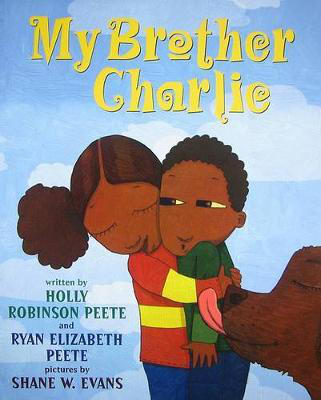
Callie is very proud of her brother Charlie. He’s good at so many things swimming, playing the piano, running fast. And Charlie has a special way with animals, especially their dog, Harriett.
But sometimes Charlie gets very quiet.
His words get locked inside him, and he seems far away.
Then, when Callie and Charlie start to play, Charlie is back to laughing, holding hands, having fun.
Charlie is like any other boy – and he has autism.
In this story, told from a sister’s point of view, we meet a family whose oldest son teaches them important lessons about togetherness, hope, tolerance, and love.
Holly Robinson Peete, bestselling author, actress, and national autism spokesperson, has paired with her daughter, Ryan, to co-author this uplifting book based on their own personal experiences with Holly’s son and Ryan’s brother, RJ, who has autism.
Views from our shoes: Growing up with a brother or sister with special needs
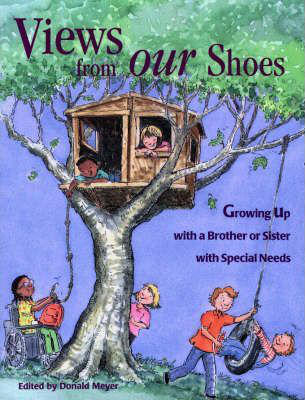
“I can’t imagine having a plain old sister, ” writes ten–year–old Ryan Clearwater. He is one of 45 siblings in View From Our Shoes who share their experiences as the brother or sister of someone with a disability. The kids whose essays are featured here range in age from four to eighteen and are the siblings of youngsters with a variety of special needs, including autism, cerebral palsy, development delays, ADD, hydrocephalus, visual and hearing impairments, Down and Tourette syndromes. Their personal tales introduce young siblings to others like them, perhaps for the first time, and allow them to compare experiences.
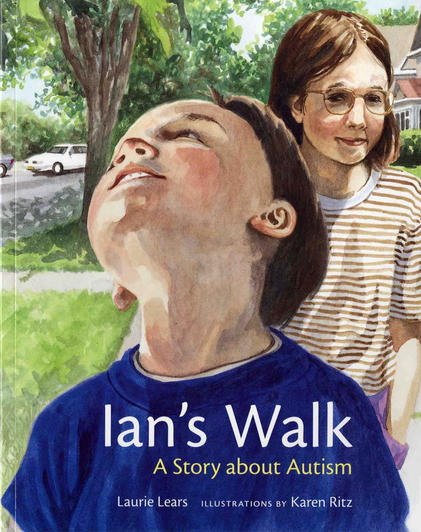
Julie can’t wait to go to the park and feed the ducks with her big sister. Her little brother, Ian, who has autism, wants to go, too. Ian doesn’t have the same reactions to all the sights and sounds that his sisters have, and Julie starts to feel angry and frustrated.
Oh brother! Growing up with a special needs sibling
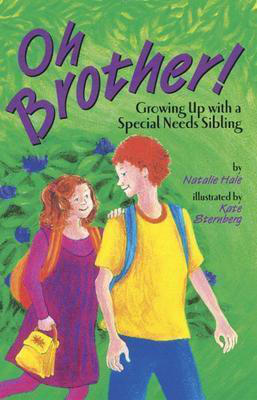

Living with a sibling who has special needs can be difficult for a child to deal with, day after day. This book provides anecdotal examples, self-help guidelines and practical coping techniques to promote positive, realistic attitudes as well as the benefits of having a special needs sibling.
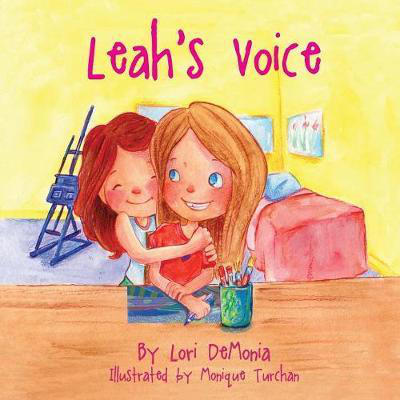

Leah’s Voice is a story that touches on the difficulties children encounter when they meet a child with special needs such as autism. Children who have a brother or sister with special needs may find it difficult to explain to their friends, or feel disappointed when their friends aren’t more understanding. Leah’s Voice tells the story of two sisters facing these challenges. Through her kindness and devotion, one sister teaches by example the importance of including everyone and showing acceptance.
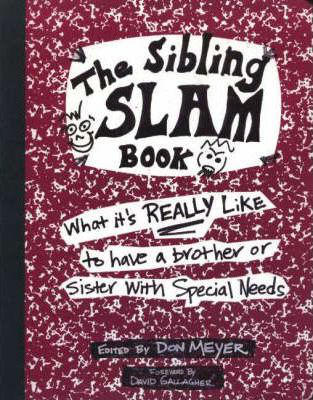

Give teenagers a chance to say what’s on their minds, and you might be surprised by what you hear. That’s exactly what Don Meyer, creator of Sibshops and author of Views from Our Shoes did when he invited together a group of 80 teenagers, from all over the United States and abroad, to talk about what it’s like to have a brother or sister with special needs. Their unedited words are found in The Sibling Slam Book, a brutally honest, non-PC look at the lives, experiences, and opinions of siblings without disabilities.
Noah’s Garden – When someone you love is in the hospital
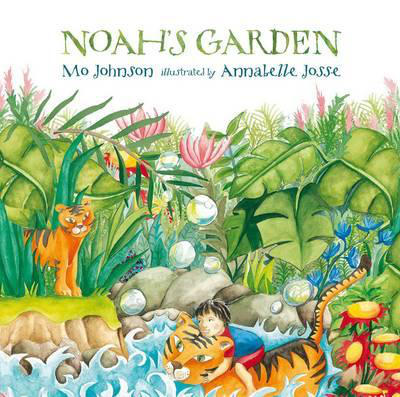

Noah and his family are living in The Children’s Hospital because his new sister, Jessica, was born with a serious medical condition. Normal family life is suspended indefinitely for Noah, but in the true spirit of childhood, he spends his days in the hospital garden, creating an imaginary world, longing for the day when Jess can join him.
– Noah’s Garden is based on the author’s observations of her friends’ experiences in a Melbourne Hospital where they lived for seven months after their daughter, Jessica, was born with a serious medical condition.
– As such, it’s written as a tribute to all the families who have to stay in hospitals for long periods of time and for whom gardens become an oasis where children can play and families can attempt to have regular lives, even for the briefest of times.
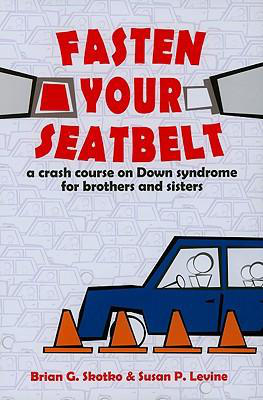

Even the closest brothers and sisters don’t always get along or understand each other. Add a disability like Down syndrome to the mix, and that sibling relationship gets even more complicated, especially for teenagers. Fasten Your Seatbelt is written exclusively for teens with a brother or sister with Down syndrome. In an easy-to-read, question & answer format, it tackles a broad range of their most common issues and concerns. Nearly 100 questions – all posed by teen siblings – are grouped into the following categories: Facts and stats about Down syndrome ,How people with Down syndrome learn, Handling parent and family conflicts, Dealing with your sibling’s frustrating behaviours, Managing uncomfortable situations, Sorting out your feelings, Becoming an advocate, What the future holds for you and your sibling. Thoughtful, knowledgeable answers are provided by Brian Skotko, the brother of a young woman with Down syndrome, and Sue Levine, a social worker focused on sibling issues for the past 30 years.
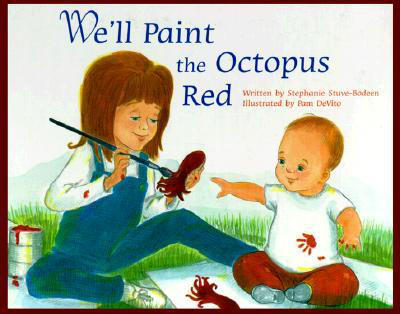

As six-year-old Emma anticipates the birth of her new baby brother or sister, she vividly imagines all of the things they can do together. Emma feels ready to be a big sister! Then when the baby is born, her dad tells her that it’s a boy and he has something called Down syndrome. Finally she asks, “If Isaac has this Down thing, then what can’t he do?”. Her dad thinks about it, then tells her that as long as they are patient with him, and help him when he needs it, there probably isn’t anything Isaac can’t do. In this touching story, Emma helps her father as much as he helps her to realise that Isaac is the baby they dreamed of. The book concludes with a set of commonly asked questions about Down syndrome with answers for children and how it might affect their sibling and family. For ages 3-7.




